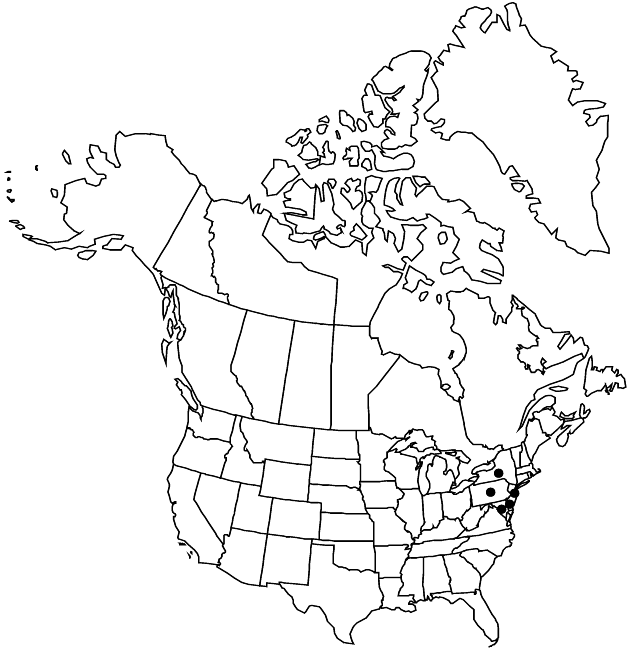Difference between revisions of "Bidens bidentoides"
Bull Torrey Bot. Club 20: 281. 1893.
FNA>Volume Importer |
imported>Volume Importer |
||
| (One intermediate revision by the same user not shown) | |||
| Line 6: | Line 6: | ||
|place=20: 281. 1893 | |place=20: 281. 1893 | ||
|year=1893 | |year=1893 | ||
| + | }} | ||
| + | |special_status={{Treatment/ID/Special_status | ||
| + | |code=E | ||
| + | |label=Endemic | ||
}} | }} | ||
|basionyms={{Treatment/ID/Basionym | |basionyms={{Treatment/ID/Basionym | ||
| Line 58: | Line 62: | ||
|publication title=Bull Torrey Bot. Club | |publication title=Bull Torrey Bot. Club | ||
|publication year=1893 | |publication year=1893 | ||
| − | |special status= | + | |special status=Endemic |
| − | |source xml=https:// | + | |source xml=https://bitbucket.org/aafc-mbb/fna-data-curation/src/2e0870ddd59836b60bcf96646a41e87ea5a5943a/coarse_grained_fna_xml/V19-20-21/V21_526.xml |
|tribe=Asteraceae tribe Heliantheae | |tribe=Asteraceae tribe Heliantheae | ||
|subtribe=Asteraceae (tribe Heliantheae) subtribe Coreopsidinae | |subtribe=Asteraceae (tribe Heliantheae) subtribe Coreopsidinae | ||
Latest revision as of 20:12, 5 November 2020
Annuals, 10–90+ cm. Leaves: petioles 10–25 mm; blades lanceolate to lance-linear, 40–160 × 3–30+ mm, bases cuneate, margins entire or laciniate to serrate or denticulate, minutely, if at all, ciliate, apices acuminate to attenuate, faces glabrous. Heads usually borne singly, sometimes in open, ± corymbiform arrays. Peduncles 10–30(–60+) mm. Calyculi of 3–5 usually spreading, narrowly lanceolate to oblanceolate, sometimes foliaceous bractlets or bracts 10–30(–60) mm, margins entire, usually ciliate, abaxial faces usually glabrous. Involucres narrowly campanulate to cylindric, 9–16 × 5–8(–12) mm. Phyllaries 4–8+, ± oblong, 9–16 mm. Ray florets usually 0, sometimes 3–5+; laminae yellowish, 2–10 mm. Disc florets 6–20(–30+); corollas yellowish, 3–6 mm. Cypselae red-brown, flattened, sometimes weakly 4-angled, narrowly cuneate to linear, outer 6–10 mm, inner 8–13 mm, margins evenly antrorsely strigillose, apices truncate, faces smooth or ± striate, ± evenly antrorsely strigillose; pappi of 2(–4) erect to spreading, antrorsely barbed awns (2–)3–9 mm.
Phenology: Flowering Sep.
Habitat: Borders of streams, estuaries
Elevation: 0–10+ m
Distribution

Del., Md., N.J., N.Y., Pa.
Discussion
Selected References
None.